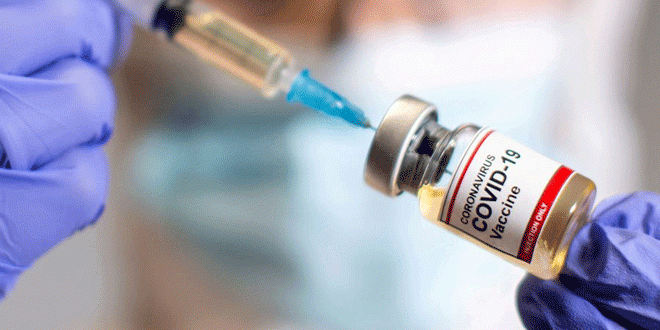Vaccine-makers around the world face shortages of vital components including large plastic growbags, according to the head of the firm that is manufacturing a quarter of the UK’s jab supply.
Stan Erck, the chief executive of Novavax – which makes the second vaccine to be grown and bottled entirely in Britain – told the Observer that the shortage of 2,000-litre bags in which the vaccine cells were grown was a significant hurdle for global supply.
His warning came as bag manufacturers revealed that some pharmaceutical firms were waiting up to 12 months for the sterile single-use disposable plastic containers, which are used to make medicines of all kinds, including the Pfizer, Moderna and Novavax Covid-19 vaccines.
But Erck and his British partners said they were confident they had enough suppliers to avoid disruption to the supply of Novavax. The vaccine is waiting for approval from the Medicines and Healthcare products Regulatory Agency (MHRA) but the first of 60 million doses ordered by the government are already in production in Teesside.
The Fujifilm Diosynth Biotechnologies factory began growing the first cells for the Novavax vaccine in Billingham, County Durham this month and in a few weeks they will fill the bioreactor bag, ready to be transported to GlaxoSmithKline’s plant at Barnard Castle to be put into vials for distribution.
“The first hurdle is showing it works and we don’t have that hurdle any more,” Erck said.
But he added there were others still to overcome. “There’s the media that the cells have to grow in,” Erck said. “You grow them in these 2,000-litre bags, which are in short supply. Then you pour it out and you have to filter it, and the filters are in short supply. The little things count.”
Advertisement
Novavax almost ran out of bags at one of its 20 factories earlier this year, but there had been no delays for the UK operation, according to Martin Meeson, global chief executive of Fujifilm Diosynth.
“We started working on our part of the supply chain in summer last year,” he said. “We had to accelerate some of the investment here, but the commitment we made last summer to start manufacturing in February has been fulfilled.”
Source: The Guardian

